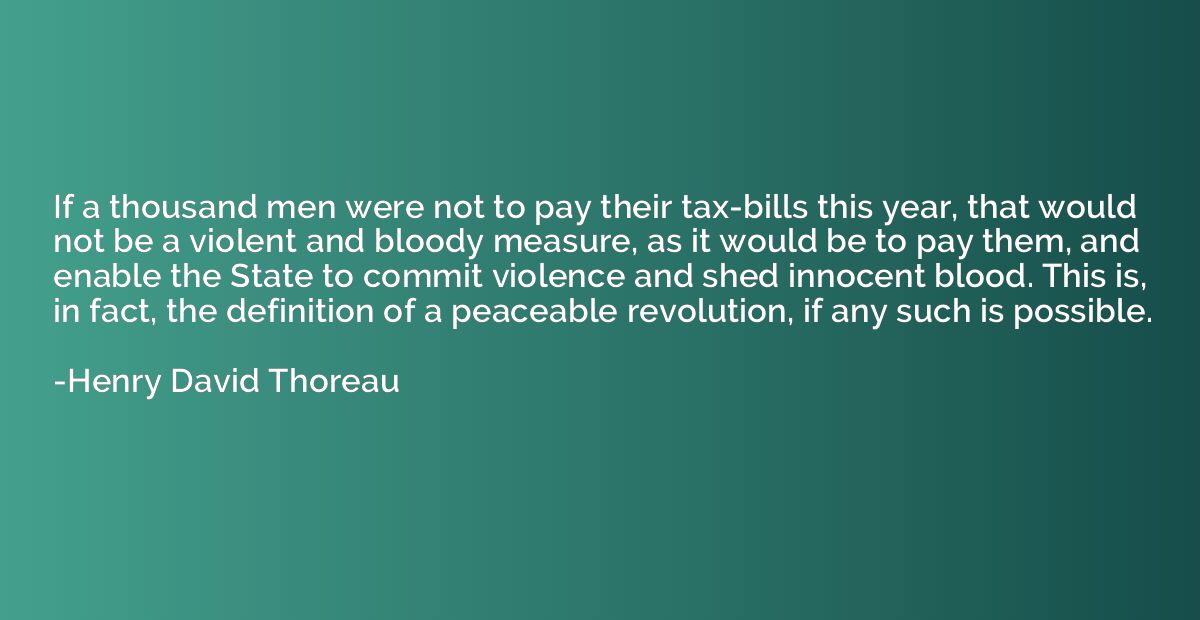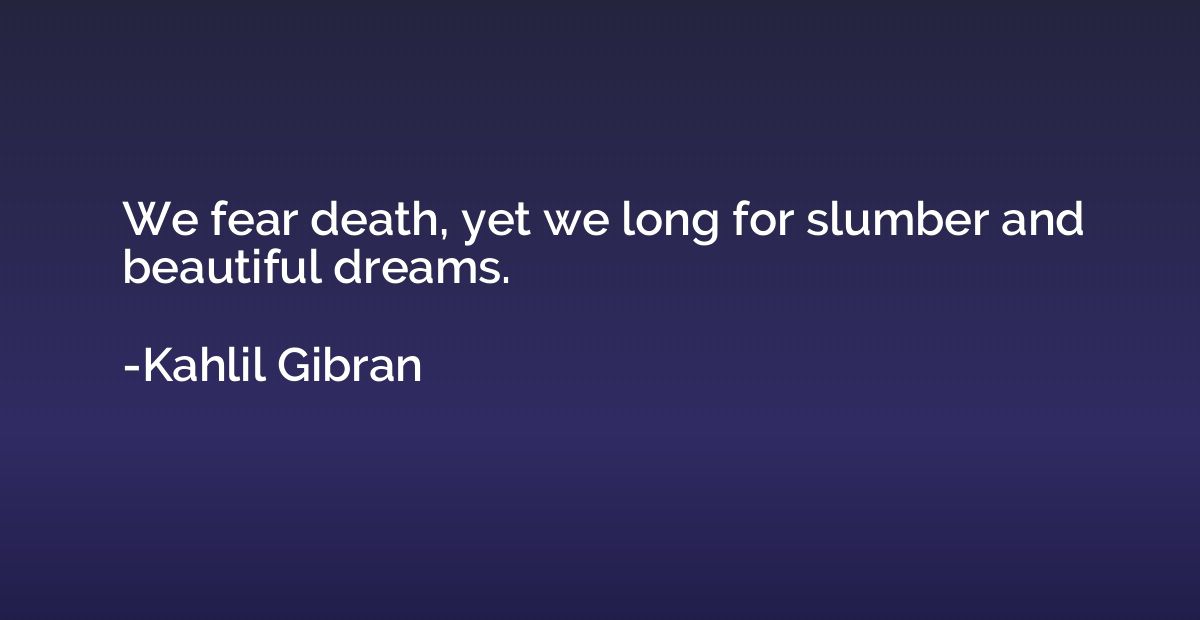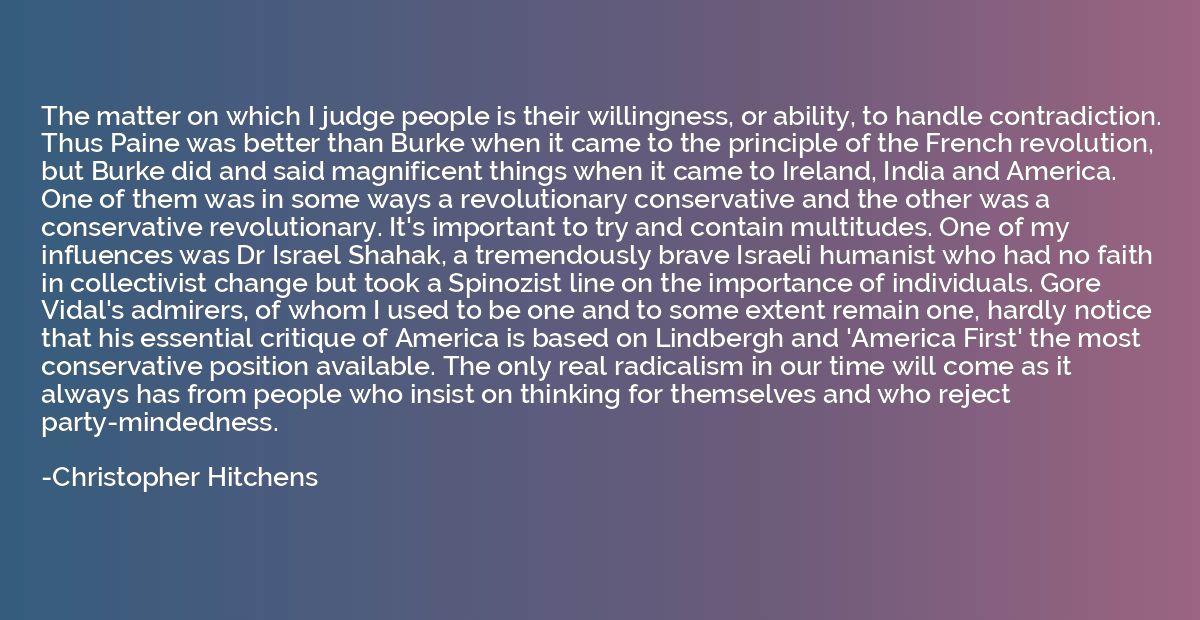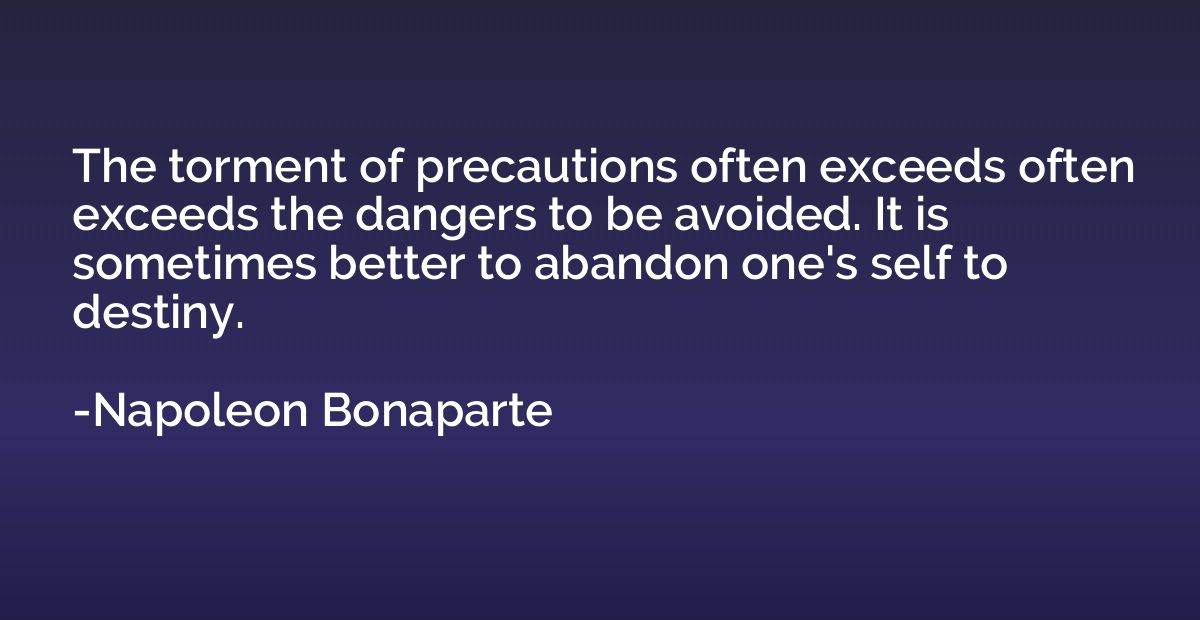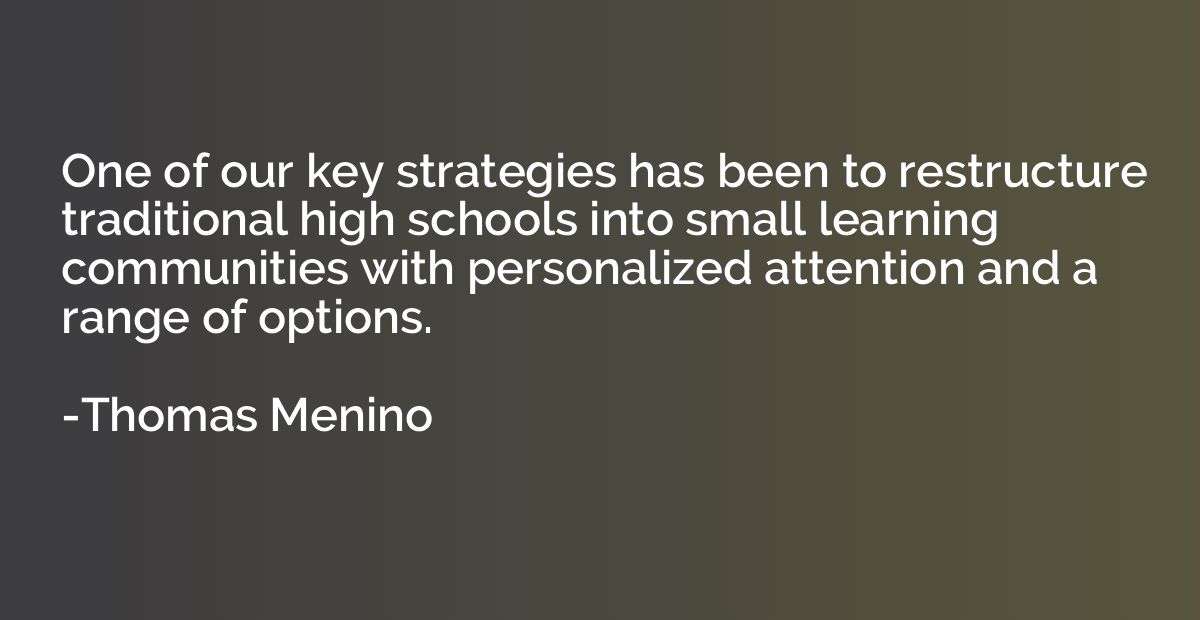Quote by Blaise Pascal
Ciascuno esamini i propri pensieri: li trover? sempre occupati dal passato e dall'avvenire. Non pensiamo quasi mai al presente, o se ci pensiamo, è solo per prenderne lume al fine di predisporre l'avvenire. Il presente non è mai il nostro fine: il passato o il presente sono i nostri mezzi; solo l'avvenire è il nostro fine. Così non viviamo mai, ma speriamo di vivere, e, preparandoci sempre ad essere felici, è inevitabile che non siamo mai tali.

Summary
This quote reflects on how humans tend to always be preoccupied with the past and future, rarely focusing on the present moment. The present is seen as a means to prepare for the future, rather than being valued on its own. The quote suggests that living in the present is not the ultimate goal, as the past and present are only tools, while the future is what is truly sought after. As a result, individuals are constantly hoping for happiness in the future, but by always preparing and planning, they never truly experience it in the present.



